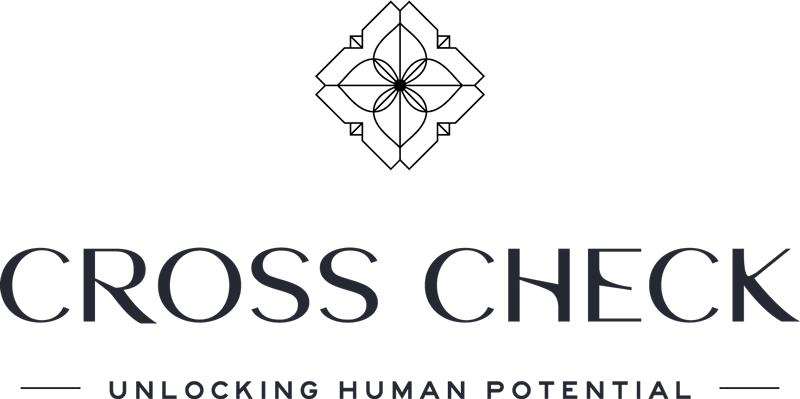In today’s fast-paced work environment, building productive teams is crucial for achieving organisational success. However, productivity is not solely about focusing on results—it’s about understanding and valuing each other. A team that thrives combines a result-oriented mindset with strong interpersonal relationships, ensuring long-term success and a positive work atmosphere. The DISC model, which categorises behavioural traits into four types (Dominance, Influence, Steadiness, and Conscientiousness), provides a useful framework for understanding and leveraging these dynamics.
The Importance of Clear Communication
Clear communication is the foundation of any successful team. It ensures that everyone is on the same page, understands their roles, and knows what is expected of them. Effective communication involves more than just exchanging information; it also encompasses active listening, empathy, and the ability to provide constructive feedback. Applying the DISC model to communication can enhance understanding and effectiveness.
- Dominance (D): Direct and results-oriented, individuals with high Dominance appreciate straightforward, concise communication. Focus on goals, challenges, and solutions when communicating with them.
- Influence (I): Sociable and enthusiastic, those with high Influence thrive on positive interactions and recognition. Use engaging, upbeat communication and emphasise teamwork and collaboration.
- Steadiness (S): Supportive and cooperative, individuals with high Steadiness value harmony and consistency. Communicate with patience and empathy, and provide clear, detailed explanations.
- Conscientiousness (C): Detail-oriented and analytical, those with high Conscientiousness prefer precise, factual communication. Provide thorough information and focus on accuracy and quality.
Fostering Strong Relationships
Strong relationships within a team are built on trust, respect, and mutual support. When team members understand and value each other, they are more likely to collaborate effectively, resolve conflicts amicably, and support each other through challenges. The DISC model can guide relationship-building efforts.
- Dominance (D): Respect their need for control and autonomy. Recognise their achievements and challenge them with opportunities for growth.
- Influence (I): Appreciate their enthusiasm and sociability. Foster a positive, energetic environment and celebrate their contributions.
- Steadiness (S): Acknowledge their reliability and dedication. Provide a stable and supportive environment where they feel valued and secure.
- Conscientiousness (C): Value their precision and attention to detail. Offer opportunities for them to showcase their expertise and maintain high standards.
Balancing Results and Relationships
A productive team is one that strikes a balance between focusing on results and nurturing relationships. This holistic approach ensures that teams not only perform well but also thrive together. The DISC model helps achieve this balance by addressing the diverse needs of team members.
- Set SMART Goals: Establish Specific, Measurable, Achievable, Relevant, and Time-bound goals that provide clear direction and motivation for the team. Tailor goals to align with the different DISC profiles within the team.
- Provide Support and Resources: Ensure that team members have the necessary tools, training, and resources to achieve their goals. Recognise that individuals with different DISC traits may require different types of support.
- Regularly Review and Adjust: Conduct regular performance reviews and check-ins to assess progress, address challenges, and make necessary adjustments. Use insights from the DISC model to guide these discussions and ensure they are effective for all team members.
Conclusion
Building productive teams is about more than just achieving results—it’s about understanding and valuing each other. By fostering clear communication and strong relationships, teams can create a supportive and collaborative environment that leads to sustained success. Applying the DISC model to this process provides a structured approach to understanding and leveraging individual differences. This blend of result-focus and relationship-focus ensures that teams not only perform well but also thrive together, making the workplace a more fulfilling and productive place for everyone.
Contact us at contact@crosscheck.com.au to learn more about how we can help your business build highly productive and collaborative teams.







